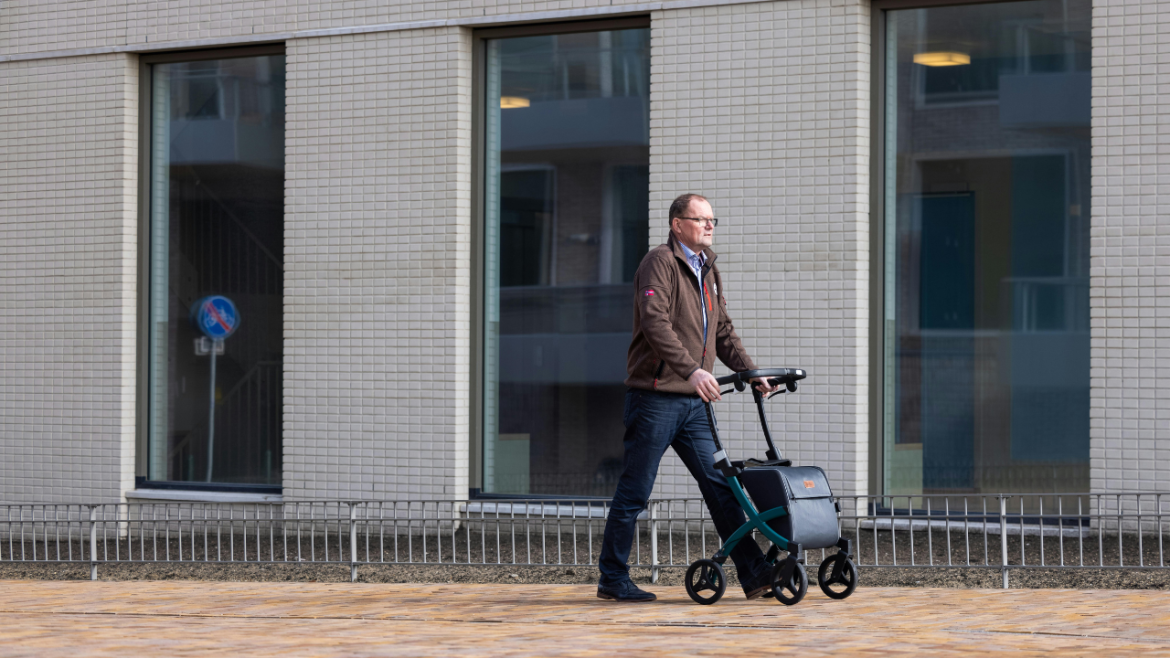The Benefits Of Daily Strolls For Seniors With Dementia
For seniors living with dementia, each day presents new challenges. Simple tasks can become overwhelming, and familiar surroundings may suddenly feel strange. Yet amid the uncertainty that this disease brings, one simple, gentle activity has been shown to bring both physical and emotional relief—daily strolls.
Walking, though often overlooked, has a profound effect on the mind, body, and spirit. For seniors with dementia, it offers more than just exercise; it offers stability, clarity, and moments of peace in a world that can sometimes feel confusing.
A Gentle Way To Nurture The Body
The human body thrives on movement, no matter the age. For seniors with dementia, walking helps maintain strength, flexibility, and circulation, all of which are vital for preserving mobility and balance. As dementia progresses, inactivity can lead to muscle weakness, joint stiffness, and a higher risk of falls. However, a consistent walking routine helps counter these effects by keeping the body active and engaged.
Each step encourages blood flow to the heart and brain, delivering oxygen that fuels both physical and mental energy. The rhythmic movement of walking also stabilizes heart rate and blood pressure, helping the body maintain equilibrium. Over time, this gentle exercise can improve endurance, allowing seniors to perform daily activities with more confidence and ease.
But beyond the measurable physical benefits lies something far more powerful—the emotional release that movement provides. The act of walking can reduce agitation, calm anxiety, and ease restlessness, which are common symptoms of dementia. With every step taken outdoors, tension begins to fade, replaced by the soothing rhythm of motion and breath.
The Healing Power Of Nature And Routine
Nature has an extraordinary ability to restore balance to the human spirit. When seniors with dementia take a daily stroll outside, they engage not only their bodies but also their senses. The warmth of sunlight, the scent of flowers, and the sound of birds singing create moments of connection that transcend confusion. Even those who struggle with memory loss can find comfort in the familiar sensations of the natural world.
A daily walk also establishes a sense of structure—something dementia often takes away. Routine helps ground seniors by giving them predictability in an otherwise unpredictable world. Knowing that a walk comes at the same time each day can bring reassurance and stability. The familiar rhythm of putting one foot in front of the other becomes a ritual of calmness and continuity.
For caregivers, these walks can also serve as valuable bonding time. The quiet companionship shared during a stroll allows for gentle conversation, laughter, or simply shared silence. It’s a moment where words are not always necessary—where connection comes through presence and understanding.
Cognitive And Emotional Stimulation
While dementia impacts memory, the brain remains responsive to stimulation. Walking provides that stimulation in a natural and non-invasive way. The combination of movement, fresh air, and sensory input activates various regions of the brain, enhancing alertness and cognitive engagement. Seniors may respond positively to familiar landmarks, paths, or seasonal changes, which in turn helps reinforce recognition and orientation.
The act of walking also boosts neurotransmitters like serotonin and dopamine, chemicals responsible for mood regulation. For seniors experiencing anxiety or depression, these natural mood-lifters can bring noticeable improvement. Walking outdoors in daylight further supports the production of melatonin, improving sleep quality and regulating the body’s internal clock. Better rest leads to more stable moods, clearer thinking, and improved overall health.
Even more significantly, daily strolls can reduce episodes of confusion or agitation often referred to as “sundowning”—a period in the late afternoon or evening when dementia symptoms worsen. Gentle movement and exposure to natural light help synchronize the body’s circadian rhythm, making evenings calmer and more restful.
Strengthening The Spirit And Sense Of Independence
One of the most devastating aspects of dementia is the loss of autonomy. Simple activities that were once effortless begin to require assistance, which can make seniors feel helpless or dependent. Walking, however, restores a sense of freedom. Even short, guided strolls allow seniors to feel capable and in control, reminding them that they can still move through the world on their own terms.
This sense of independence has profound emotional effects. The ability to walk, to explore, and to engage with the environment reinforces dignity. Seniors often feel more optimistic and connected after spending time outdoors. The sunlight, movement, and fresh air help awaken not just the body but the soul.
For caregivers, these moments can be equally healing. Walking side by side creates a space of shared understanding—a quiet reminder that while dementia changes many things, it does not erase the capacity for connection. Each walk becomes an act of compassion, a gesture of care that nourishes both hearts.
A Simple Step Toward Wellness
The benefits of daily strolls for seniors with dementia reach far beyond exercise. Walking promotes health, restores peace, and rekindles joy in small, gentle ways. It brings light into moments of confusion and movement into days that might otherwise feel still. For the senior, each step is a reminder of strength; for the caregiver, it is an act of love.
In the end, the greatest gift of walking lies in its simplicity. It requires no equipment, no instruction—only patience and presence. A daily stroll can transform the way dementia is experienced, turning ordinary moments into opportunities for connection, healing, and grace. Through the rhythm of each step, both the body and the spirit learn to find their balance again.

